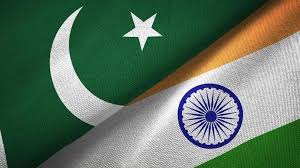India cannot end or stop the Indus Waters Treaty (IWT) on its own, based on what is written in the agreement. Clause 12 of the treaty, which was signed in 1960 by India and Pakistan with the World Bank as a witness, clearly says that the treaty can only be changed or ended if both countries agree to it.
This means that India cannot take a decision alone to suspend or cancel the treaty. Both India and Pakistan must come to a mutual agreement if they want to make any changes or end the treaty completely. The World Bank also plays an important role as a third-party guarantor, making sure both countries follow the rules.
The Indus Waters Treaty was created to help both countries share the waters of the Indus River system peacefully. It has survived many difficult times, including wars and political tensions. Because of its long-standing success, the treaty is often seen as an example of cooperation even during strained relations.
Recently, there have been reports that India has decided to suspend the treaty following a terror attack in Pahalgam. However, legal and international experts say that India cannot legally suspend the treaty without Pakistan’s agreement. Any such move would go against the rules of the treaty and could cause serious diplomatic problems.
Pakistan is likely to raise this issue at international forums if India goes ahead without following the proper process. The situation may also involve the World Bank, which helped set up the treaty in the first place and still acts as a neutral party.


